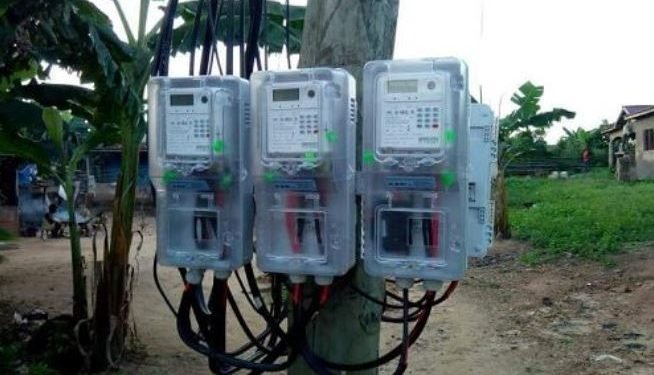The Auditor-General has indicted the board and management of the Electricity Company of Ghana (ECG) for procurement breaches worth more than $145 million.
It followed the inability of the power distributor to adhere to the Public Procurement Act in signing 50 contracts to procure 862,750 meters and its accessories between 2016 and 2021.
Consequently, the company did not consider value for money in the process of procuring meters by ensuring competitiveness and transparency.
Though the meters procured were taken through rigorous testing to ensure that specifications were met, ECG did not take steps to explore the possibility of getting meters of the same specifications at lower prices from other manufacturers other than the ones in its database.
The breaches were uncovered in the 2022 Performance Audit Report of the Auditor General on the Management of Meters by the Electricity Company Limited released on July 27, 2023.
The Auditor-General commissioned the audit to ascertain how ECG planned and budgeted, procured, and monitored its installed meters to minimise power theft.
The audit was carried out from August to December 2022 and covered the period 2016 to 2021.
It reviewed documents and interviewed key personnel at the ECG Head Office, Metering and Technical Services (MTS) Division, Materials and Depot in the Greater Accra Region as well as four selected regional and nine district offices.
Meter acquisition
ECG procures meters from vendors who manufacture and supply them based on its prescribed specifications.
Once ECG determines the specifications then processes are put in place in accordance with value for money principles of economy and efficiency, to source from vendors that meet the specification at the best quoted price and to be delivered at the time they are needed.
Schedule five of the Public Procurement (Amendment) Act 2016, (Act 914) requires ECG to use international competitive tendering (ICT) to procure contractors when the estimated cost of goods is above GH¢10 million.
Per chapters 4.5 and 5.5 of the Public Procurement Manual, ECG was to advertise in international newspapers or journals, the Public Procurement Authority (PPA) website and bulletin, close and open tenders,
The tenders were to be evaluated to select the bid that meets all the requirements with the lowest price for the award of contract. This requirement ensures openness, fairness, and competition to guarantee the principle of economy in value for money considerations.
In the instance where ECG decides to use restrictive tendering for procurement, section 4.2.3 of the Public Procurement Manual (PPM) requires the company to seek approval from PPA Board by justifying the requirement is of a specialised nature or has requirements of public safety, or public security which make an open competitive tender inappropriate.
Due to the urgent nature of the requirement, an open competitive tender is not practical, the number of potential suppliers is limited and an open competitive tender has failed to bring an award of contract.
Findings
The Auditor General’s findings showed that the contract sums of the ten contracts that were sampled for the audit were above the GH¢10 million threshold for which reason ECG was required to use ICT to procure the meters.
There was no information at ECG to indicate that it advertised tenders received, opened, and closed tenders, as well as the evaluation of tenders for the contracts.
“We noted that the board approved for ECG to use restrictive tendering (RT) to procure meters, although the conditions required for the use of RT were not met as prescribed by PPA.
“We found that ECG is of the opinion that it should not adhere to the PPA requirement as it is a limited liability company that does not depend on government subvention to finance its operations,” the report stated.
ECG sought legal opinion
This was evident in a letter dated February 12, 2014, where ECG sought the legal opinion of the energy minister about whether it should adhere to the PPA.
In July 2020, ECG further wrote to the finance minister seeking exemption from adherence to the Public Procurement Act in the procurement of meters but there was no letter from the Ministry of Finance that approved exemption.
In the absence of the exemption, the Auditor General stated that his office expected that ECG would be guided by the commercial procurement practices in section 15 (2) of the Public Procurement Act to procure meters.
Based on this, the report said ECG had developed a manual to guide its procurement activities but that had not been approved at the time of the audit.
“We further noted that ECG failed to comply with the conditions of contract to terminate a contract with a manufacturer in the process of procuring the meters.
“For instance, in contract number ECG/155/18 (contract sum $8,379,000) dated 28 January 2019 with MBH Powers and Gas Ltd, the contractor failed to deliver,” it added.


